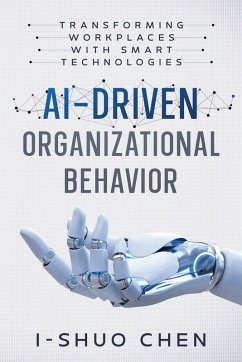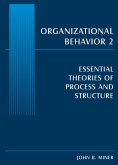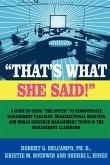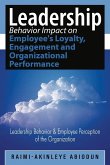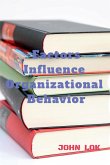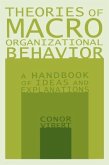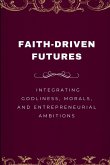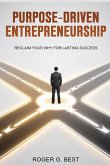Artificial Intelligence (AI) is reshaping the landscape of organizational behavior, transforming how businesses operate, make decisions, and engage with employees and customers. As AI continues to advance, it becomes increasingly essential for organizations to understand and harness its potential to remain competitive and innovative in the rapidly evolving market. This textbook, "AI-Driven Organizational Behavior: Transforming Workplaces with Smart Technologies," is practical in nature and aims to provide a comprehensive exploration of the integration of AI within organizational contexts. It is designed for both beginners and professionals who seek to gain a deeper understanding of AI's impact on various aspects of organizational behavior. By bridging the gap between theoretical concepts and practical applications, this book offers readers valuable insights into the transformative power of AI. The book is structured into 18 chapters, each delving into a specific facet of AI in organizational behavior. Chapter 1 introduces the fundamental concepts of AI, tracing its evolution and highlighting its relevance in modern organizations. Subsequent chapters explore AI's role in decision-making, leadership, organizational culture, team dynamics, communication, innovation, conflict management, employee engagement, organizational learning, change management, performance management, organizational design, customer relationship management, sustainability, ethics and governance, and future trends. To enhance learning effectiveness, each chapter begins with a main case study and its associated questions. This approach engages readers by providing a real-world context, making theoretical concepts more relatable and meaningful. It stimulates curiosity and critical thinking, prompting readers to consider solutions and outcomes based on their existing knowledge. Each chapter is crafted to provide a detailed and descriptive examination of its topic, supported by real-world case studies and academic references. These case studies include examples from leading global companies such as IBM, Tesla, Google, Amazon, AT&T, JPMorgan Chase, Microsoft, H&M, and Procter & Gamble, just to name a few. Additionally, key takeaways of each chapter highlight the most critical concepts and insights, ensuring that readers can quickly review and reinforce their learning. These summaries help readers to consolidate their knowledge and focus on the most important aspects of each chapter. Chapter assignments (Critical analysis questions) enable readers to deepen understanding and promote active learning. These assignments help readers apply their knowledge, develop critical thinking skills, and gain experience using AI within organizational settings. By the end of this book, readers will have a comprehensive understanding of AI's transformative impact on organizational behavior and be equipped with the knowledge and tools to effectively integrate AI into their organizations. This book serves as a valuable resource for students, educators, professionals, and anyone interested in exploring the dynamic intersection of AI and organizational behavior.
Bitte wählen Sie Ihr Anliegen aus.
Rechnungen
Retourenschein anfordern
Bestellstatus
Storno

